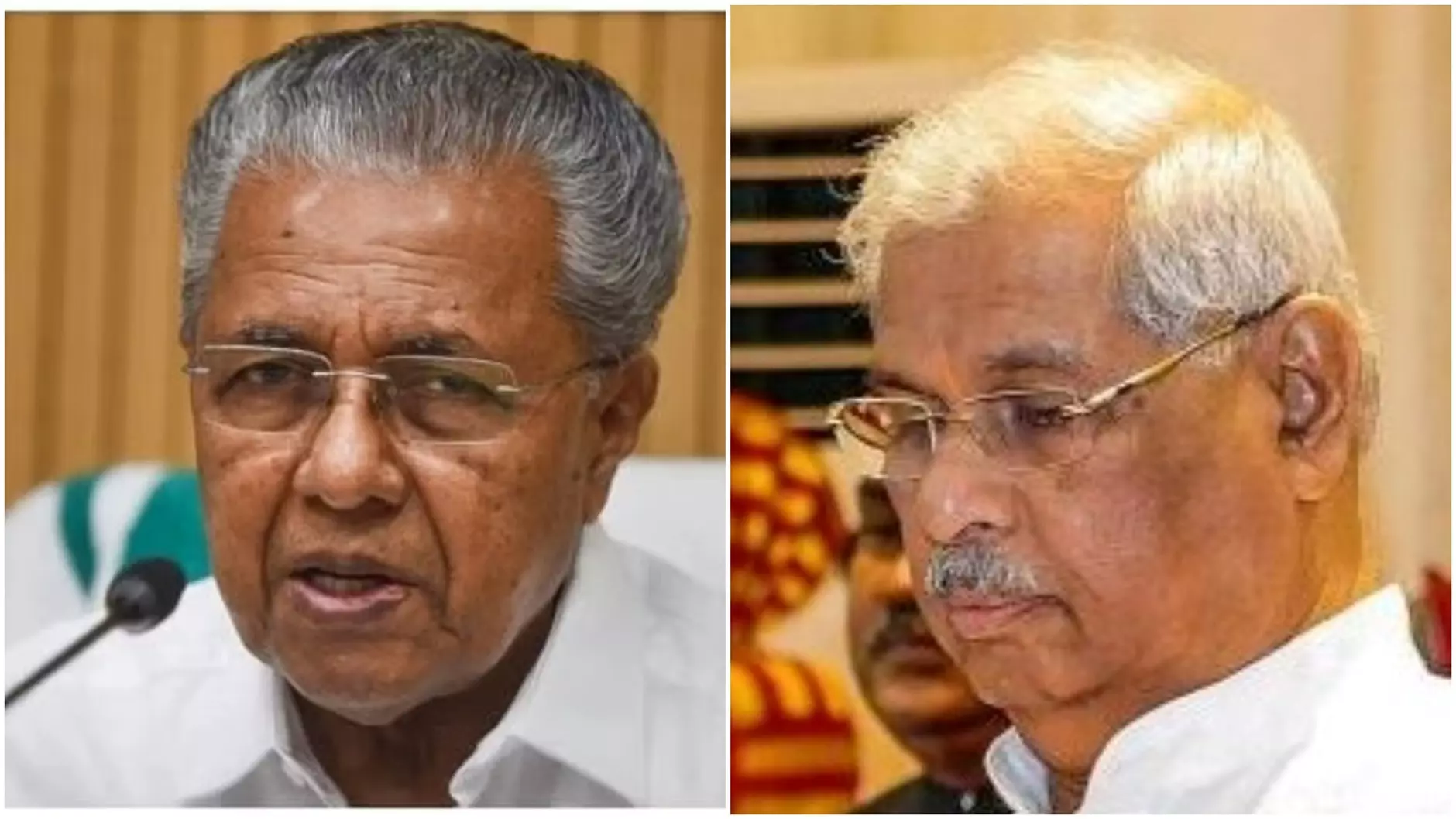
Class 10 textbook in Kerala outlines governor’s role and limitations
New social science chapter asserts real power rests with CM-led council of ministers, adding more fuel to state government-Raj Bhavan tensions

Amid an ongoing tussle between the Kerala government and governor, the state’s education department has rolled out a new chapter in the Class 10 Social Science textbook on the powers and limits of the governor. The change, introduced in the lesson Democracy: An Indian Experience, explicitly states that the governor is a nominal head, and that real executive power resides with the council of ministers led by the chief minister.
The chapter outlines point by point the constitutional provisions governing the governor’s role. It asserts that the governor must act on the advice of the council of ministers, and that the governor is not an official who can override or control the cabinet. It also notes recommendations by commissions that active politicians should not be appointed as governors, and warns of instances where central governments use the governor’s office to interfere with states’ constitutional rights or resource allocation.
Also read: Presidential reference | Setting fixed timelines for Bill assent poses challenges: SC
Education minister urges people to read Constitution
Education Minister V Sivankutty confirmed that the new lesson on governors’ constitutional powers appears in the second volume of the Class 10 Social Science textbook. He noted that the section will cover not only the limits and powers of the governor but also topics like Emergency provisions and the Supreme Court judgment on electoral bonds. The minister reaffirmed that the decision was in line with that initial promise, and stressed the importance of ensuring that students learn correct constitutional principles rather than misleading notions.
“The governor is not a post held by electoral mandate. In times like these, governors are doing things that they must not. Students should not learn incorrectly,” Sivankutty said, adding that educational content has been broadened and the textbooks are already being distributed. He urged every citizen to hold the Constitution in high regard and to read it.
Also read: Kerala guv moves SC over VC appointments; stage set for another confrontation
Schools ideal for inculcating democratic values: Sivankutty
Sivankutty’s remarks come amid ongoing tensions between the Kerala government and Raj Bhavan. He asserted that the decision to include the governor’s powers in textbooks had been announced earlier, and viewed the step as part of a broader effort to promote constitutional literacy among youth. He accused the BJP of delaying central government funds to the education department and criticized certain political misuse of offices.
The plan to teach students about the governor’s constitutional role was first publicly announced by Sivankutty in June, when he declared that textbooks would soon include sections explaining the governor’s responsibilities, rights, and duties. He noted that schools are ideal forums to inculcate democratic values and counter attempts to destabilize elected governments through misuse of the governor’s office.
Also read: Governor can't examine a bill's legislative competence: Bengal govt to SC
Kerala versus governors
The announcement coincided with a dramatic walkout by Sivankutty from an official event at Raj Bhavan. He protested the display of a Bharat Mata image, an emblem often associated with the RSS, at the function. Raj Bhavan had criticized the move as a serious breach of protocol and disrespect for the constitutional office. In his defence, Sivankutty accused the governor of converting a neutral official event into what he termed a politically charged spectacle in violation of constitutional norms.
Tensions between Kerala’s Left-led government and successive governors have frequently made headlines, with accusations on both sides over adherence to constitutional boundaries. The government and its supporters argue it strengthens democratic education and helps youth understand how constitutional checks and balances function in Indian federalism. By clarifying that the governor does not exercise autonomous or overriding authority, the lesson aims to dispel misconceptions and curb politicized misuse of the office.
Also read: SC defers hearing on Kerala governor's plea against CM Pinarayi Vijayan
The education department appears to have proceeded with care. The textbook presents the constitutional provisions “point by point”, and includes cautions about governors interfering in state matters under central influence. By bringing these constitutional debates into school classrooms, Kerala is betting on a more informed citizenry. As the minister put it, “We who uphold the Constitution must read it ourselves.”

